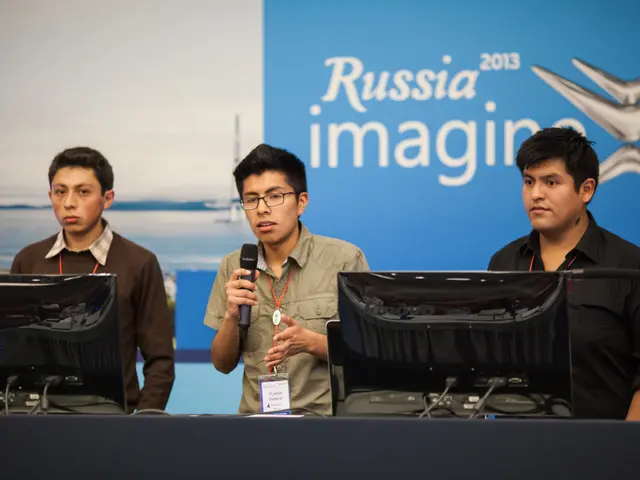Russian Textile Factory Fined for Failing to Supply Defense Contractor
A Russian textile factory, Peredovaya Tekstilshchitsa, has been fined 300,000 rubles ($3,600) for failing to supply 400,000 linear meters of specialized fabric to defense contractor Tekhinkom. The factory's inability to fulfill the contract has raised concerns about the supply of aramid fibers, crucial for producing body armor.
The dispute began when the textile plant refused to sign the contract, prompting Tekhinkom to file a complaint with the Federal Antimonopoly Service. The court upheld the fine, despite the manufacturer's argument that production required 'Ruslan' aramid fiber made exclusively by Kamenskvolokno. However, Kamenskvolokno declined to provide the required volume, citing 'technical limitations,' which the court found unconvincing.
Under amendments to Russia's defense law passed in 2022, companies are prohibited from refusing contracts tied to the supply of the armed forces. This incident highlights the challenges in ensuring a steady supply of materials, especially with imports of aramid materials from the European Union nearly ceased under sanctions. Russia now relies on 'friendly' states for supply. Meanwhile, inspections of trucks carrying potentially sanction-sensitive goods from China into Russia have increased to 99%. Further complicating the situation, Kazakhstan's customs service has tightened inspections, creating massive queues at border crossings since mid-September.
The fine imposed on Peredovaya Tekstilshchitsa underscores the importance of maintaining a reliable supply chain for defense materials. With no specific information available about current aramid fiber suppliers to Russia, the industry faces uncertainty, especially given Kamenskvolokno's production limitations. Enhanced inspections at borders may also impact the timely delivery of materials, further challenging the defense industry's supply chain.








